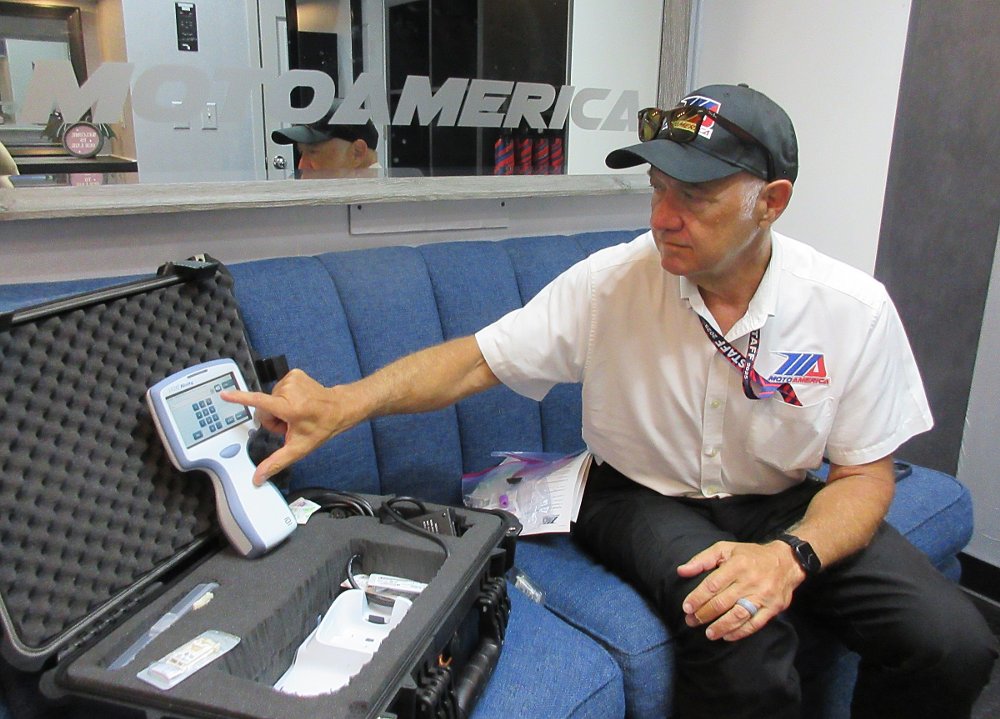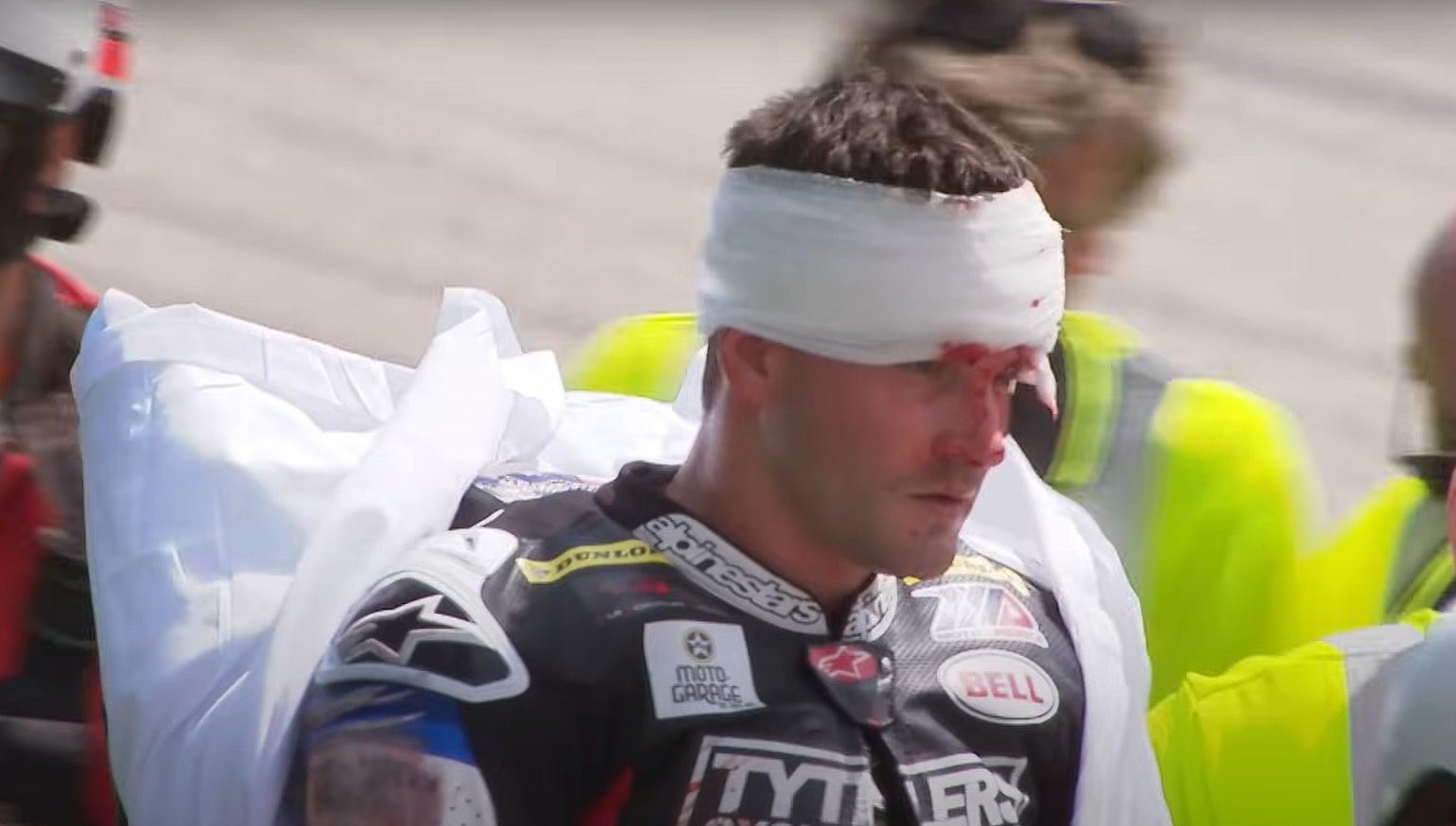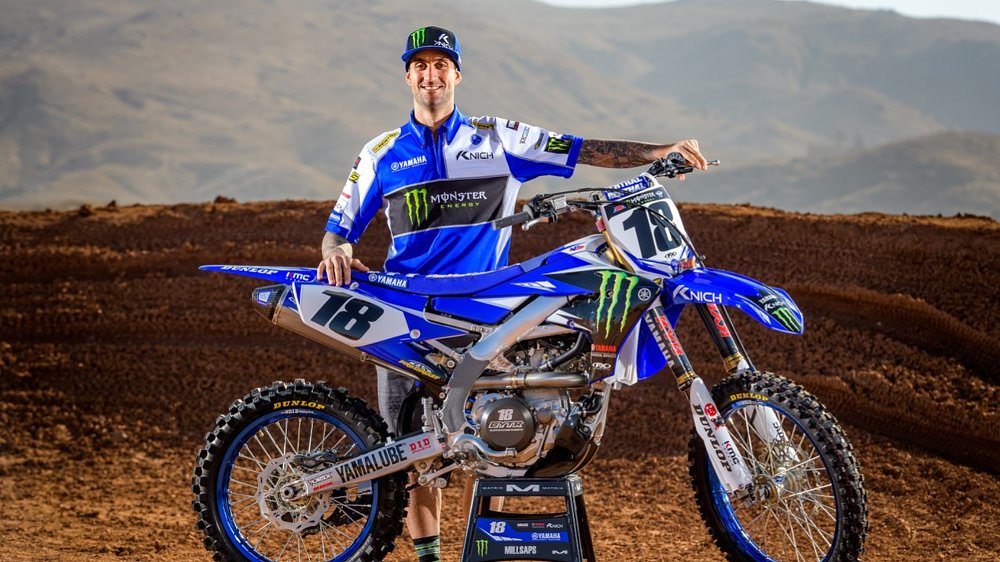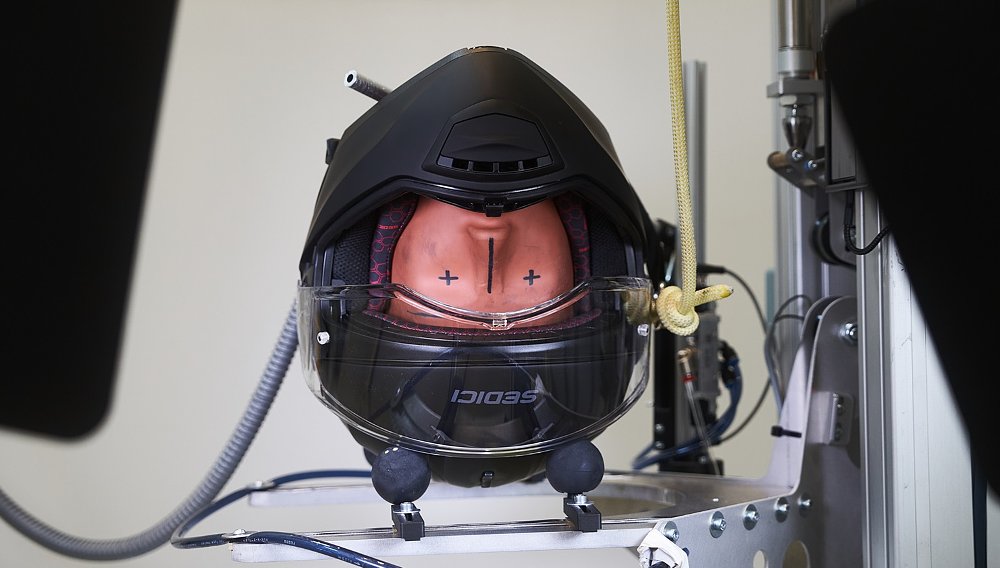The sports world, in particular, has begun taking the risk of concussions much more seriously in recent years, but diagnosing a concussion can still be more subjective art than clear-cut science. What if there was a simple test that provided objective evidence? Now there is and MotoAmerica is using it.
Let's take a look at the new blood test in use by MotoAmerica and then see what it might mean for those of us who aren't professional racers but could suffer a concussion some day.
A blood test for concussions
MotoAmerica Chief Medical Officer Dr. Carl Price knows the concussion issue from all perspectives. Not only has he treated many racers, but he has also raced himself for most of his life, including competing in the MotoAmerica Twins Cup championship for several years, and has suffered concussions.
Diagnosing a concussion has always been tricky, whether the patient is a fit motorcycle racer who has crashed or a frail nursing home resident who fell. A doctor will ask the patient questions, look for signs of confusion, dizziness, or even certain kinds of eye movements, but the evaluation is mostly subjective.
"Concussion is a clinical diagnosis until now," says Dr. Price. "It is a constellation of symptoms and physical findings. Most of the symptoms are self-reported. I don't feel right, dizzy, don't remember. All those kinds of things are self-reported. There's no physical way to see that. It's very subjective."
The "until now" part is the i-STAT TBI Plasma test, which was developed by Abbott Labs in a public-private partnership with the Department of Defense over 25 years. It was approved for use last year by the Federal Drug Administration and MotoAmerica now uses it to make a quick and objective evaluation of whether a racer who crashed has suffered a concussion.
To use the test, the doctor puts a drop of whole blood on a chip and inserts it into a machine that provides an analysis within 15 minutes. The machine looks for traces of two biomarkers in the blood: Ubiquitin Carboxyl-Terminal Hydrolase L1 (UCH-L1) and Glial Fibrillary Acidic Protein (GFAP).
Elevated levels of those biomarkers indicate an injury. UCH-L1 is associated with nerve cells and GFAP is associated with cells surrounding nerve cells in the brain. "The analogy I use is like an egg," said Dr. Price. "You have the yolk and the white and that's inside the egg unless the egg is damaged. Then you find that stuff outside the egg. These proteins should be inside the cell unless the cell is damaged and then you see them in the blood."
UCH-L1 levels peak in the blood sooner, but could be caused by damage to any nerve cells. GFAP levels peak the day after an injury but are more telling because they are specifically related to brain cells. So a rider may have a second test the next day to confirm the first results.

The test has already been effective in MotoAmerica, both in confirming a concussion that might have been missed previously and also in confirming that a racer didn't have a concussion, allowing her to go on to race the next day and turn in her best result.
The machine costs $15,000 and each chip costs $50, but considering that a precautionary CT scan at a hospital can easily cost $5,000, the test can also save money. Price says 94% of those CT scans came back showing no brain damage, so if a test at the track can prevent a trip to the hospital, everyone benefits.
"This is the first bit of objective evidence we have" for diagnosing concussion, Dr. Price says. And he understands the issue firsthand. A few years ago in a Twins Cup race he crashed and briefly lost consciousness. When he was examined, he passed all the usual tests of answering questions and eye movements. But as a doctor he knew he had a concussion, even though the evaluation didn't indicate that.
What about those of us who aren't pro racers?
What about those of us who don't have a doctor standing by in case we crash? If you go down and bump your head and go to a hospital emergency department, will they be able to use the new Abbott test? Given how new it is, odds are probably against you. "It's not widely adopted yet," says Dr. Price. "I think it will be."
If you're in a crash on the street and are transported to a hospital, it's likely you will undergo a CT scan anyway, perhaps to check for other injuries in addition to brain injuries. And, not to be too cynical, but it's true that CT scans are a source of revenue for hospitals, so they have multiple incentives to do that expensive test. It should be noted that the purpose of a CT scan is not to diagnose a concussion, but to rule out more serious injuries, such as internal bleeding in the brain.
So how do I know if I had a concussion?
Say you're riding your dirt bike and take an ordinary fall but bump your head. How do you know if you had a concussion? We've written before about the topic, including a full list of symptoms, but some things you should look for include headache, dizziness, nausea, any vision changes such as blurry or double vision, and any memory loss, either temporary or permanent, such as not remembering the crash. Plus, Dr. Price says, a general feeling of malaise is often a sign of a concussion. "I just don't feel right. Sometimes you just feel half a beat off."
If you do have a concussion, recovery involves rest and keeping visual stimulation to a minimum, such as screen time or computer games.
One of the big concerns is that a second impact after a concussion can cause much more serious and even permanent injuries. That's why concussions have ended some racing careers and it's also why having the objective test gives Dr. Price more peace of mind.
"The last thing I want to do is miss a traumatic brain injury in one of our riders and send him out, because if you have a concussion and you have another blow to the head, it can be serious," Dr. Price says. "You can have long-term consequences from that. Racers need to have a life after this."
Right now, MotoAmerica is at the forefront of using the new test, but if it becomes more widely adopted, as Dr. Price predicts, it could benefit any of us who ride and ever have a fall.

 Membership
Membership







